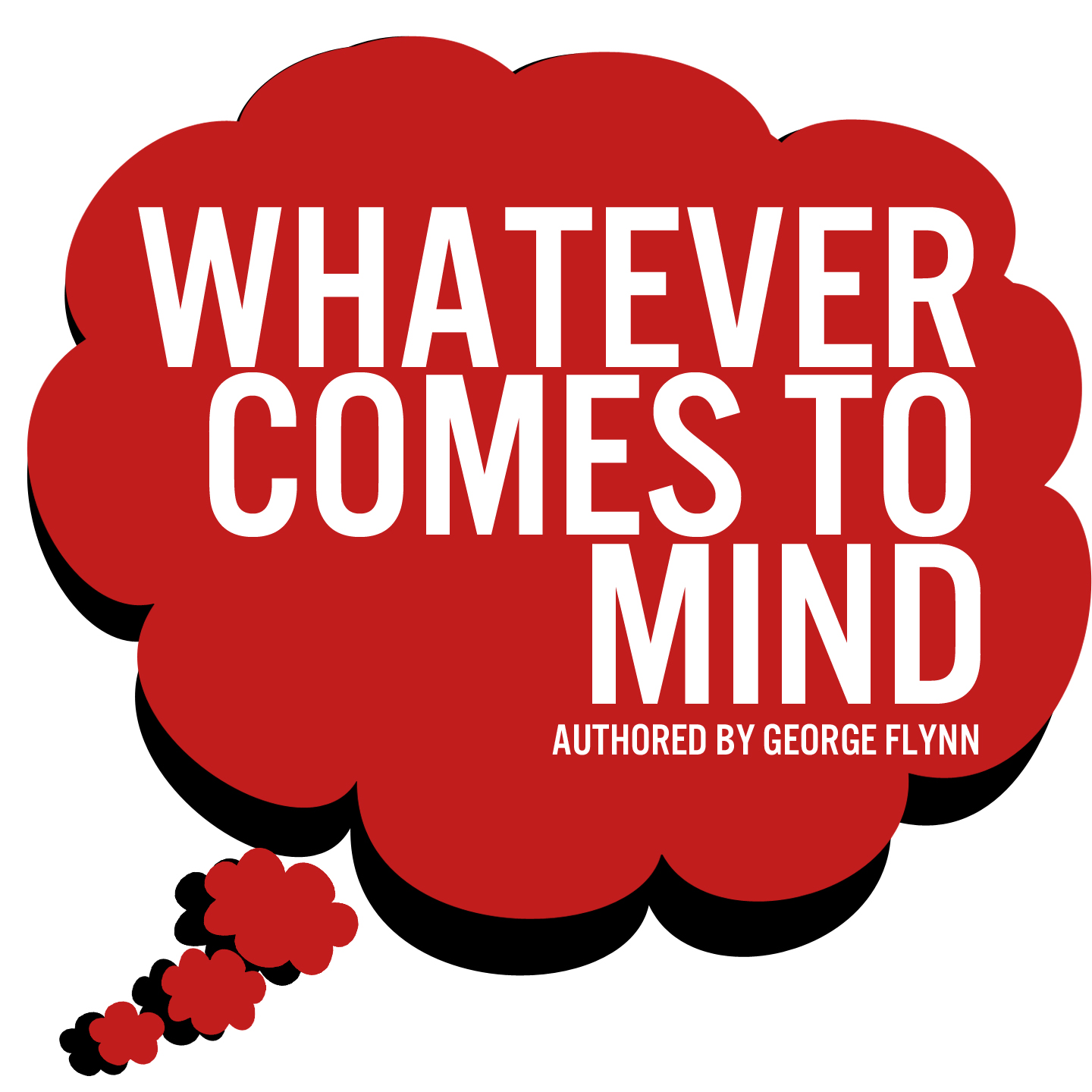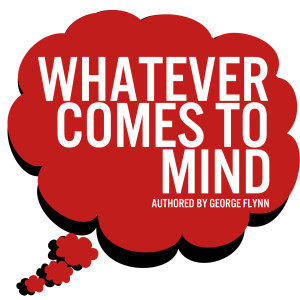
 By George Flynn | Opinions Editor
By George Flynn | Opinions Editor
Once upon a time, there was a girl in my high school who delivered a presentation on koala bears. It doesn’t seem like a hard topic to cover. She could have easily found excellent research and created an acceptable 15 minute presentation. It shocked me when she mentioned the subject of koala bears draining human blood. I didn’t believe this for a second and rightfully so. She failed the assignment miserably, due to having false information in her presentation. Her top source was Wikipedia.
Professors have been telling me for as long as I can remember to never use the unreliable source. One of Wikipedia’s founding features is that each page can be edited by anyone at any time. Wikipedia has been known to have flaws and inaccuracies throughout its millions of pages.
To combat this, the University of California-San Francisco is offering a class and academic credit to its medical students for editing these pages.
The New York Times published an article discussing the new class entitled “Editing Wikipedia pages for Med School Credit.” According to the article, fourth-year medical students from the university will have the ability to earn academic credit in the classroom for editing these pages. Specifically, these pages will be focusing on diseases, which these medical students will more than likely deal with when they leave the university and enter the hospital rooms.
This learning strategy is nontraditional when compared to textbook learning. However, this idea will most definitely be a fruitful endeavor to all parties involved.
A health science associate clinical professor at the university who will also be teaching the course, Dr. Amin Azzam believes the editing is not only a helpful way to earn credits, but will help his students learn. “Wikipedia editing will force students to think clearly and avoid jargon,” he said in the NYT article.
Instead of these medical students copying down what their textbooks and professors eloquently say in class, these students will have to go about this assignment and offer information on diseases to the public without medical terminology. According to the University of California-San Francisco website, professors will keep track of the edits made to these articles to monitor the content added and changed.
The new teaching methods which forces students to strip away medical jargon, will not only give the students complete knowledge on certain subjects, it will also give the students the ability to tell their patients about diseases without medical terminology. I do not know how many times I have been to a doctor’s office and have said “I don’t get it, just give me the medication.”
Editing of Wikipedia pages will not only help the students learn, but will give the audiences a new perspective on medical subjects. After the medical students have revised these pages, the people who want to learn more can go to these pages with the knowledge that they have been edited by people familiar with the field.
Wikipedia can only become a more reliable source for the public with these students revising. In the same NYT article, Dr. Michael Turken, a resident in internal medicine in California, said tens of thousands of people were reading a specific medical article in one month. If tens of thousands of people are reading one article, this editing endeavor will only make a readers time worthwhile if reading Wikipedia articles.
The idea of earning credits for editing Wikipedia pages is an amazing concept. It is a positive transition in the learning experience. It will help the students and readers garner extra knowledge on certain subjects. Being the first medical program to instill this program, it would be a grand idea to see this concept flourish among other schools, even high school courses. Maybe the next girl who thinks a koala sucks blood out of humans will have the proper knowledge that this needs edited and can earn bonus points for it.
George Flynn is a senior English major and can be reached at flynng@duq.edu.



